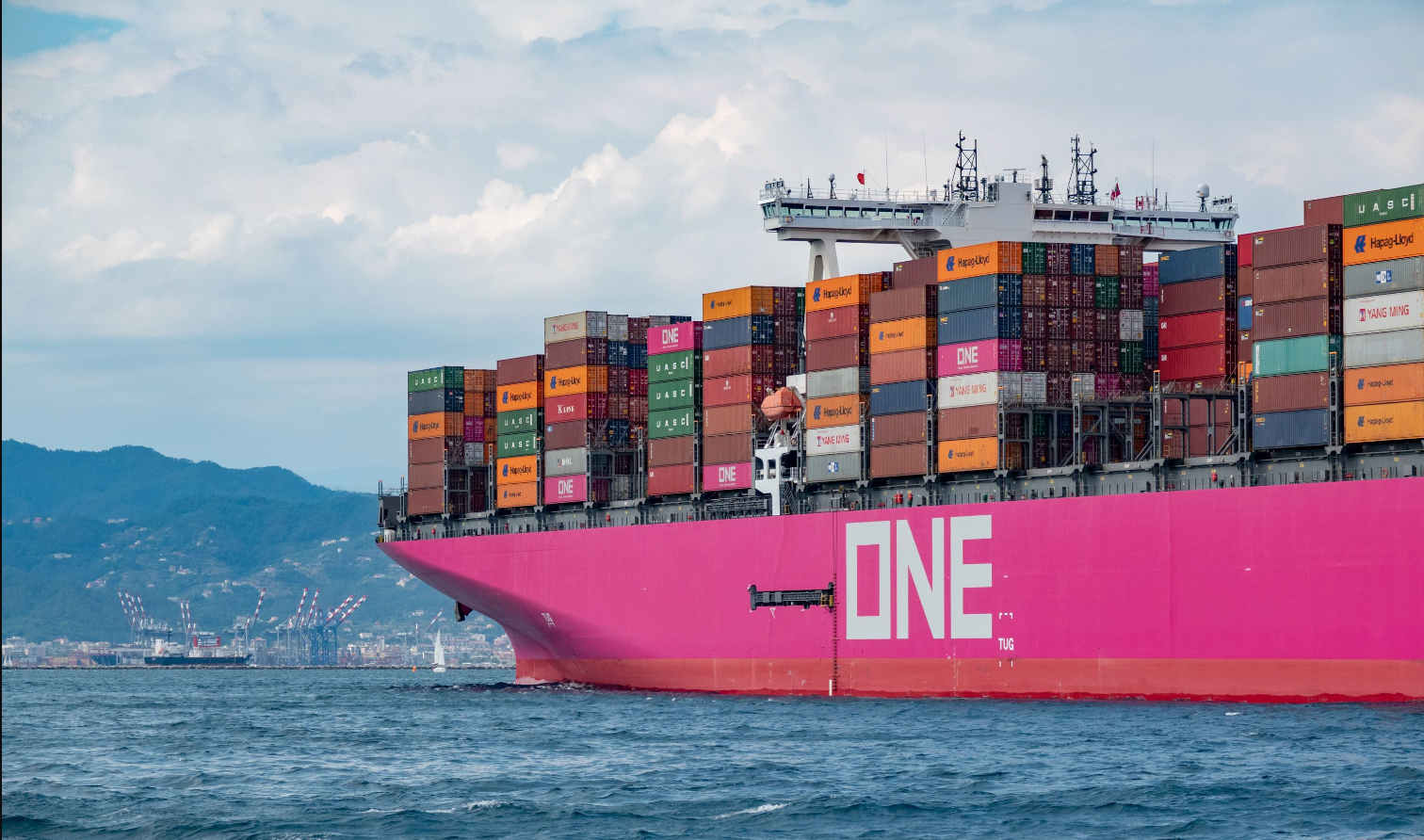
Container shipping lines are encountering significant challenges as port congestion and ship shortages persist amidst the ongoing crisis in the Red Sea, which has extended into its third month. Jeremy Nixon, the chief executive of Ocean Network Express (ONE) in Japan, a key figure in the sector, highlighted the predicament faced by many shipping lines due to scheduling issues stemming from the Red Sea crisis.
Since December, attacks by Yemen’s Houthis have led most carriers to avoid the usual Asia to Europe route through the Red Sea and Suez Canal, resulting in vessels frequently arriving at ports on unscheduled days. Nixon noted that this scheduling disruption has led to berthing clashes in numerous ports, exacerbating the already congested situation.
Diversions to alternative routes, such as circumventing the Cape of Good Hope, have prolonged voyages between Asia and North Europe by 10 days to two weeks, further complicating logistics operations. Major hub ports in Asia and the Mediterranean, including Singapore, Dubai, and those around the Gibraltar strait, have experienced intensified pressure due to increased volumes.
Despite the challenges, Nixon dismissed notions of industry overcapacity, stating that ONE, operating the world’s sixth-largest container ship fleet, actually faces a shortage of ships to maintain its regular weekly services. This perspective contrasts with recent concerns raised by Denmark’s AP Møller-Maersk, the operator of the second-largest container ship fleet globally, whose shares declined following warnings of earnings pressure due to industry overcapacity.
The discrepancy arises as world fleet capacity is expected to expand by approximately 8% in 2024, outpacing the anticipated demand growth of around 3%. This surplus capacity suppresses the rates that shipping lines can charge customers. Nixon attributed the shortage of vessels partially to investments in cleaner fuel-powered ships, in anticipation of forthcoming emissions regulations from 2027.
During the current Red Sea diversions, ONE faces a shortage of vessels, requiring approximately 16 ships for a weekly service instead of the usual 12 due to the extended transit times. Despite efforts to mitigate delays by increasing vessel speeds by 10 to 15%, the shortage persists due to insufficient global ship availability to cover the extended transit times adequately.
ONE, formed in 2018 through the merger of Japan’s NYK Line, K Line, and Mol container businesses, primarily transports manufactured goods in steel boxes, highlighting its critical role in global trade logistics.
The challenges faced by container shipping lines underscore the complexities of maritime logistics amidst geopolitical crises and regulatory transitions, necessitating agile strategies to navigate disruptions effectively.
Source: FT


